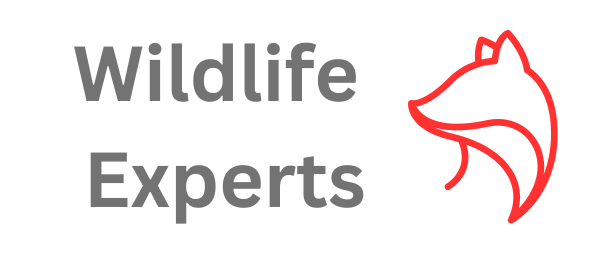From coast to coast, the need for housing, manufacturing, commercial services, travel, and recreation is growing, making it harder for wildlife to find habitats where they can survive and thrive. As human population growth and demand for space continue to increase, the competition for living space and resources is causing more conflicts between people and wildlife.
Human-wildlife conflict is when encounters between humans and wildlife lead to negative results, such as property damage, illness, or injury. At Wildlife Experts, their mission is to help protect property and health by providing quality and humane nuisance wildlife information and advice for homeowners, businesses, and communities.
Wildlife conflicts with people’s homes are different depending on the animal, time of year, climate, and much more.
Common nuisances include:
- Raccoons and squirrels living in attics, chimneys, or crawl spaces
- Birds nesting in vents or roosting on roofs
- Rodents living within walls, attics or basements
- Moles, chipmunks, and voles tunneling through lawns
- Opossums and skunks denning under porches and sheds
- Bats roosting in attics, chimneys, and behind shutters
By better understanding the wildlife nearby, people can learn about the root causes of human/wildlife conflicts and how to avoid them.
Wildlife Experts Team
The team consists of wildlife experts, wildlife control operators, franchise owners, and wildlife biologists. They have come together to bring comprehensive information and greater understanding to build empathy and understanding of wildlife needs and behaviors. Wildlife Experts wants homeowners and business owners to help animals adjust their environment to minimize both conflict and harm. Protecting families and businesses and looking out for the welfare of wildlife is what they do best.
Not all human-wildlife conflicts are avoidable. But, with proper information, action can be taken quickly to minimize stress to both people and wildlife while minimizing damage. The Wildlife Experts site will provide:
- Information to help people identify animals and understand their behavior
- Information about signs of wild animal presence on the property
- Prevention tips for wildlife pests
- Tips to modify a home environment to keep pests out
- Curated lists of professionals
From the resources and information on this site, you’ll know what to look out for, how to handle a wildlife conflict, how to prevent future ones, and who to call. The team is fully knowledgeable in federal, state, and local ordinances and can tell whether an animal is protected or endangered so people can act responsibly and humanely to the wildlife around them.
Wildlife’s Beneficial Role
Instead of conflict, let’s learn to better coexist. By implementing simple steps to achieve more positive interactions with wildlife, people can begin to change their perception of these animals from nuisances to wild neighbors.
Most wildlife serves a beneficial purpose. For instance, birds and bats are both pollinators and insect-eaters. Raccoons eat and eliminate rodents. They also eat the remains of dead animals, thereby acting as a clean-up crew for roadkill. Instead of eliminating wildlife pests, people can learn more about them and redirect animals to better locations.
Wildlife Experts hopes the information from this website will help people better share the planet with wildlife neighbors.
